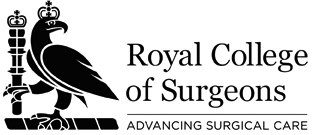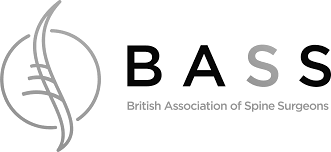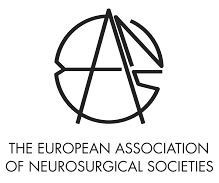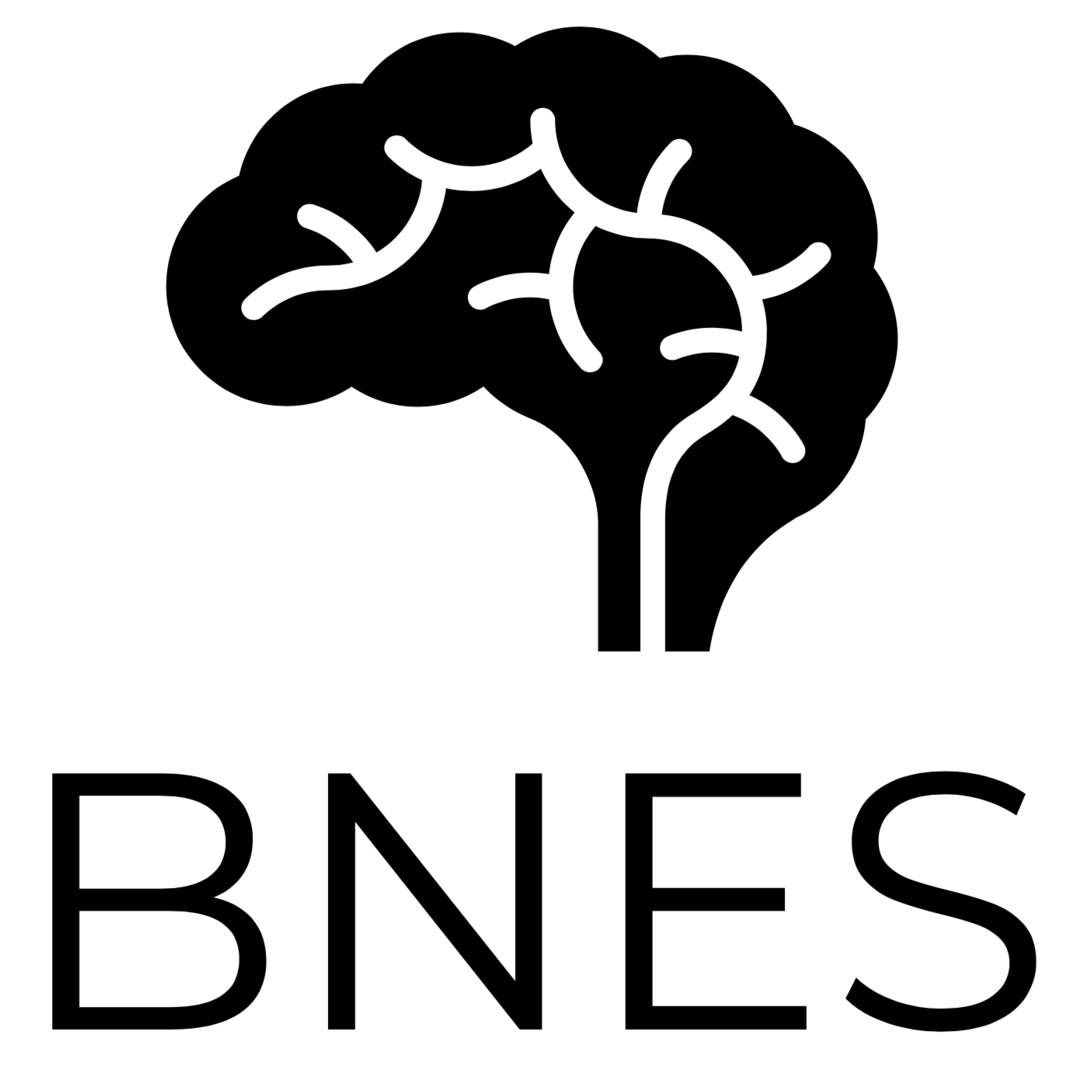Mr Parag Sayal, Consultant Neurosurgeon
Mr Parag Sayal
Consultant Neurosurgeon
Mr Parag Sayal MB BS, FRCS Ed NSurg
Consultant Neurosurgeon
Make an appointment
Address
-
The Wellington Hospital
Wellington Place, St John's Wood, London, NW8 9LE
-
Video Consultation
Virtual, London, NW1 6JQ
-
The Princess Grace Hospital Outpatients
30 Devonshire Street , London, W1G 6PU
-
Chiswick Outpatients
Bond House 347-353 Chiswick High Road , London, W4 4HS
-
The Princess Grace Hospital
42-52 Nottingham Place, London, W1U 5NY
About Mr Parag Sayal
Mr Parag Sayal is a Consultant Neurosurgeon with a specialist interest in complex spinal surgery, endoscopic skull base surgery, and minimally invasive procedures. He is a Consultant at the National Hospital for Neurology and Neurosurgery in Queen Square, London, part of the University College London Hospitals Foundation Trust. He also provides private consultations and services at The Wellington Hospital and the Queen Square Private Consulting Rooms.
Mr Sayal's practice encompasses the entire range of simple and complex spinal surgeries, including degenerative spinal conditions, minimally invasive spinal surgery, and surgery for spinal tumours, infections, and fractures. He is proficient in procedures such as spinal decompression, microdiscectomy, spinal fusion, and endoscopic anterior skull base surgery. His expertise extends to treating conditions like sciatica, spinal deformity, spinal degeneration, and osteoporosis.
Having graduated from medical school with numerous distinctions, Mr Sayal completed his neurosurgical training in the Yorkshire Deanery, performing over 1500 neurosurgical procedures. He further honed his skills through the prestigious Sir Victor Horsley Spinal Fellowship and a fellowship in endoscopic anterior skull base surgeries and complex spinal tumour surgery.
Mr Sayal has a keen interest in teaching and has trained senior spinal fellows who have become consultants in other hospitals. He is the lead for Junior Doctor Education and has delivered lectures to a wide range of medical professionals. Appointed in 2014, he continues to contribute significantly to the field of neurosurgery through his clinical practice, teaching, and research.
Areas of expertise
- Ankylosing spondylitis
- Anterior cervical discectomy and fusion (ACDF)
- Anterior lumbar interbody fusion
- Arm pain
- Arthritis (spine)
- Artificial disc replacement
- Back pain
- Biopsy procedures
- Brain surgery
- Carpal tunnel decompression
- Carpal tunnel syndrome
- Caudal epidural injection
- Cavernoma
- Cervical (neck) surgery
- Cervical corpectomy
- Cervical disc replacement
- Chiari malformation
- Coccydynia (coccyx pain)
- Coccyx fracture
- Complex revision spinal surgery
- Complex spinal disorders
- Complex spinal reconstructive surgery
- Craniocervical junction surgery
- CSF disorders
- Degenerative disc disease
- Disc injuries
- Discectomy
- Dural arteriovenous fistulae
- Endoscopic skull base surgery
- Entrapment neuropathy
- Facet denervation
- Foot drop
- Haemangioblastoma
- Herniated disc or slipped disc
- Intradural spinal tumors
- Intradural tumor surgery
- Intramedullary tumours
- Kyphoplasty / vertebroplasty
- Laminectomy
- Lateral access spine surgery
- Lateral lumbar fusion /XLIF
- Leg pain
- Lower back pain
- Lumbar back surgery
- Lumbar decompression surgery
- Medial branch nerve blocks
- Meningioma / schwannoma / neurofibroma removal
- Metastases
- Minimally invasive disc surgery (keyhole)
- Minimally invasive spinal surgery
- Myelomeningocele
- Neck fracture
- Neck pain
- Nerve root entrapment
- Nerve root injection
- Nerve tumours
- Neuro-oncology
- Neurofibromatosis type 1 (NF1)
- Osteoporosis
- Osteoporotic spinal fractures
- Peripheral nerve surgery
- Posterior cervical fusion
- Revision lumbar spine surgery
- Sciatica
- Scoliosis surgery
- Spinal cord compression
- Spinal cord injury
- Spinal cord tumour
- Spinal decompression / microdiscectomy
- Spinal deformity correction surgery
- Spinal degeneration, spinal stenosis
- Spinal fracture fixation
- Spinal fusion
- Spinal interspinous device surgery
- Spinal metastases
- Spinal microsurgery
- Spinal pain
- Spinal stabilisation surgery
- Spinal stenosis
- Spinal tumor surgery
- Spinal vascular disorders
- Spine fracture surgery
- Spine fractures and trauma
- Spine tumours and infections
- Spondylolisthesis & spondylosis
- Spontaneous intracranial hypotension (SIH)
- Sports-related spine injuries
- Surgery for myelopathy
- Surgery for sciatica
- Tarlov cyst
- Thoracic (back) surgery
- Thoracic discectomy
- Thoracic fusion
- TLIF / posterior lumbar fusion
- Tubular decompression
- Ulnar nerve release
- Upper back pain
- Upper limb pain
- Vertebral compression fracture
- Vertebroplasty
Professional memberships





Articles by Mr Parag Sayal
Fancd2 re-expression is associated with glioma grade and chemical inhibition of the fanconi anaemia pathway sensitises gliomas to chemotherapeutic agents
Paravertebral tumours of the cervicothoracic junction extending into the mediastinum: surgical strategies in a no man’s land
Spinal intramedullary arachnoid cyst in a 4-year-old girl: a rare cause of treatable acute quadriparesis: case report
Anterior cervical transsternal approach for thoracic outlet neoplasms; a 15 year experience in two tertiary centres
 Instant booking
Instant booking











